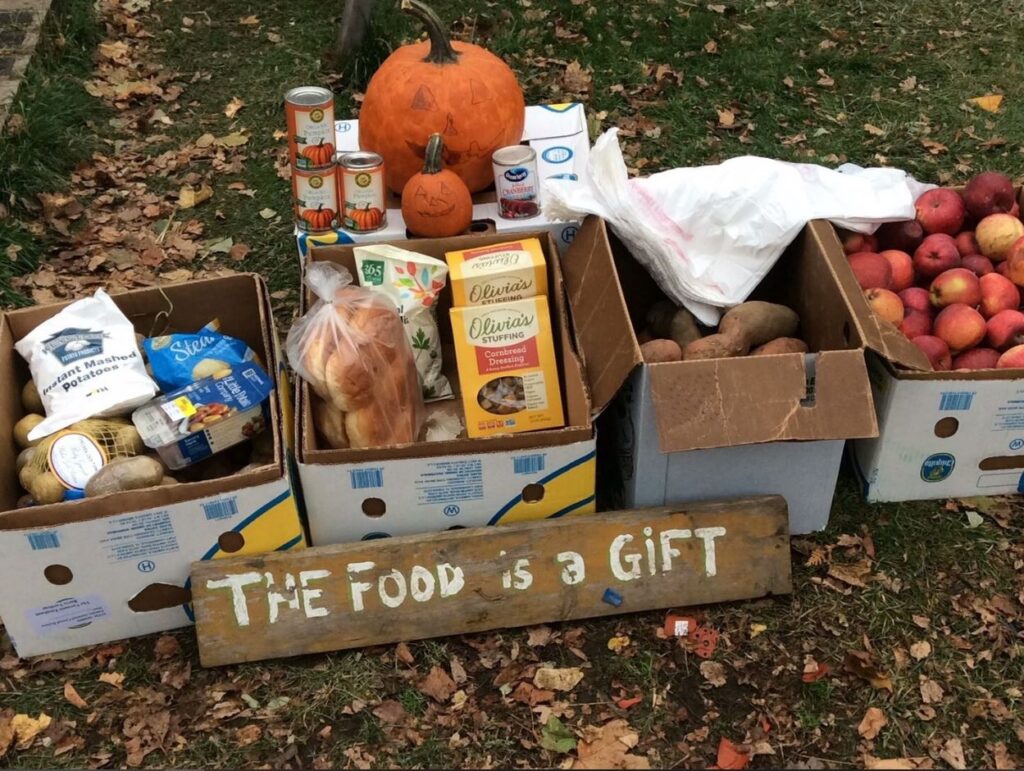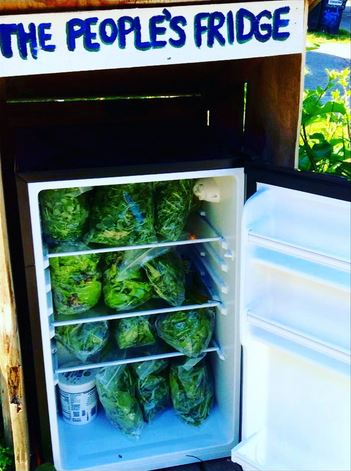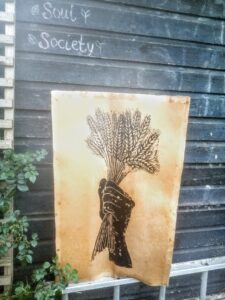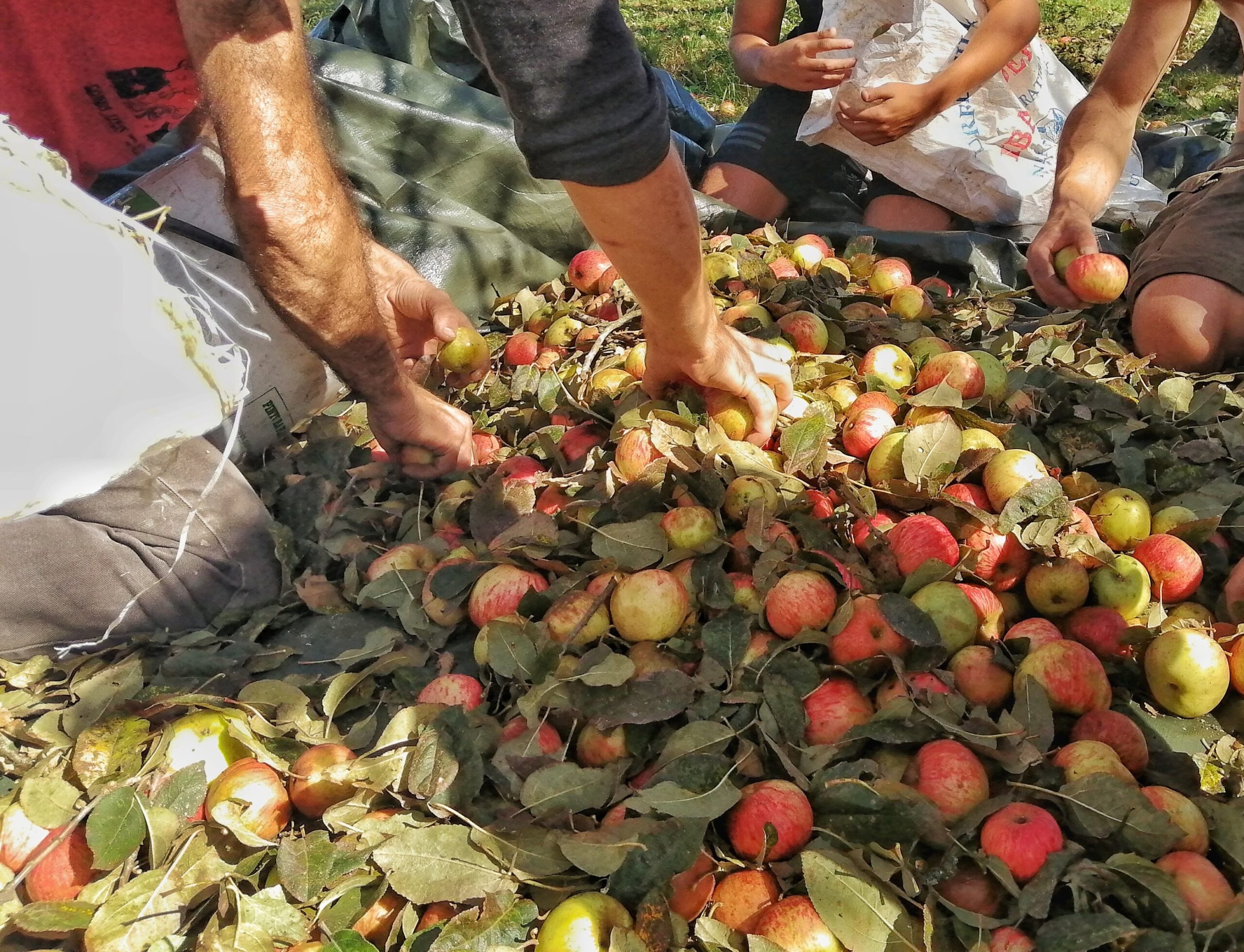In this conversation, Future Natures speaks to Sam Bliss, a food activist who participates in networks of food that’s not for sale. He also researches the ecological economics of essential resources as a Graduate Fellow at the Rubenstein School of Environment and Natural Resources in the University of Vermont.

Sam explores the ways in which food can be distributed, allocated, and produced outside of the market. His experiences and ideas help us to understand the social relations needed to build a food commons.

This interview helps to understand the ecosocial injustices that stem from food being governed by neoliberal capitalist markets. Importantly, this is a discussion full of suggestions of concrete alternative practices that can ‘re-common’ the food system.
“Solidarity, empathy, communication, generosity, and collective decision making. These are not scarce, rivalrous resources but muscles to be trained. Markets contribute to their weakening”
Michael Sandel, 2013
Sam provokes debate on the ways that people care about food that’s not for sale, particularly thinking about valuing food beyond its exchange value. In particular, he provides an in-depth understanding into the social relations needed for non-market food systems, such as mutual aid and solidarity.
“Food sharing is a practice… purposefully building cross-class networks of solidarity gets resources flowing from those who have more than they need to those who have unmet needs”
Sam Bliss, 2019
This conversation goes beyond paradigms of enclosure, and explores the paradoxes of food waste in the food commons. It also takes a provocative dive into the role of private property rights in producing food as a commons.
Listen to the conversation on YouTube
Follow Sam Bliss on Twitter
Interview Notes:
Food not Cops (Instagram)
Sam Bliss, 2019. ‘The Case for Studying Non-Market Food Systems’. Sustainability
Sam Bliss, 2022. ‘On Mutual Aid’. University of Vermont
Michael Sandel, 2013. ‘Market Reasoning as Moral Reasoning: Why Economists Should Re-engage with Political Philosophy’. Journal of Economic Perspectives
Chris Smaje, 2020. Small Farm Future. Chelsea Green Publishing

